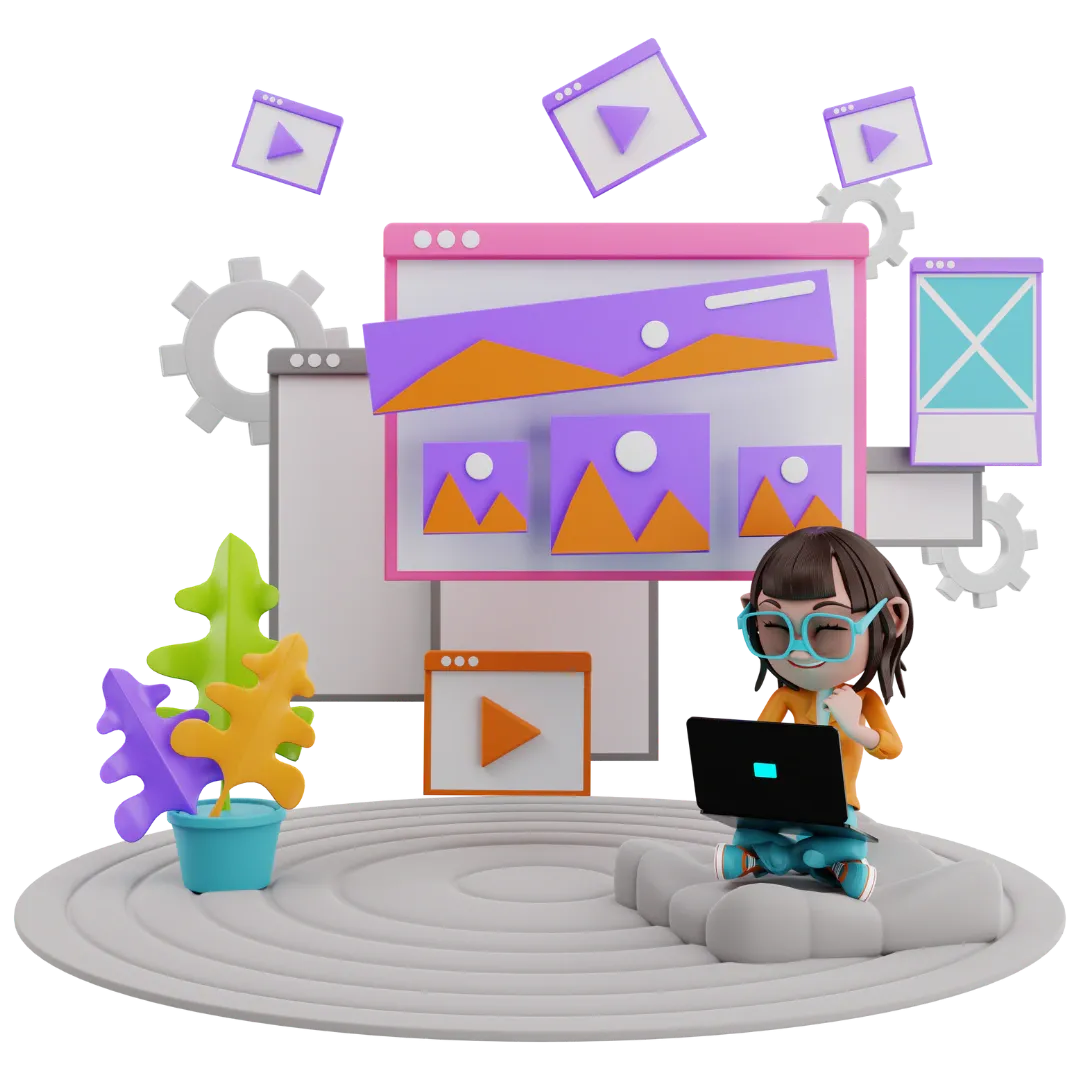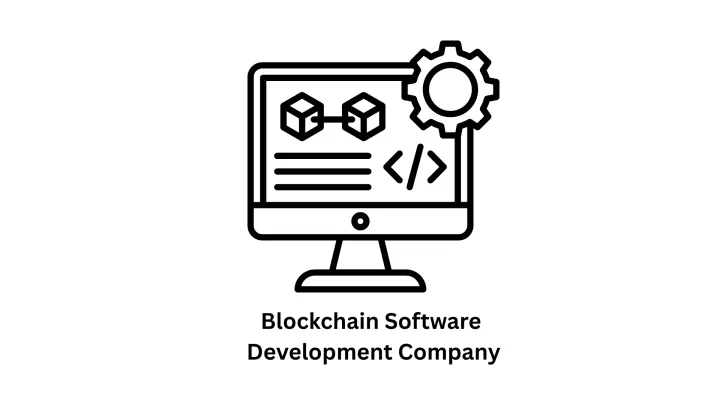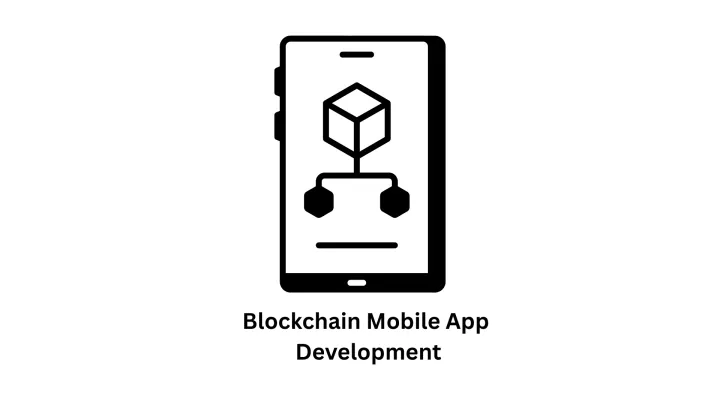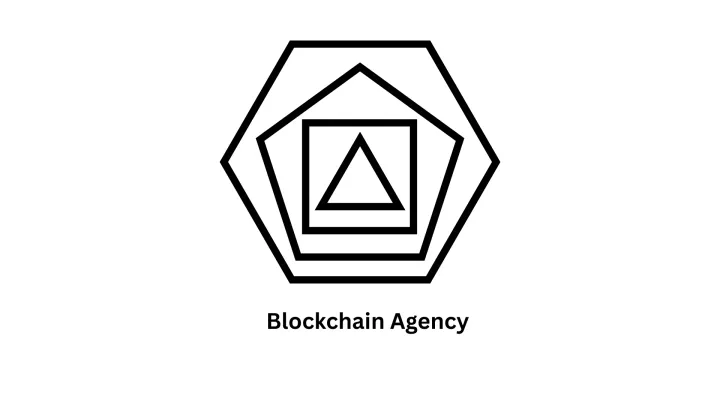Building Your Dream LMS: Essential Tech Stack for Websites & Mobile Apps

The Learning Management System (LMS) market is booming, driven by the increasing demand for online education and corporate training. Whether you're an educational institution, a business, or an entrepreneur, creating a robust and user-friendly LMS is key to delivering effective learning experiences. In this blog, we'll delve into the best technologies, platforms, and tools you need to build a cutting-edge LMS website and mobile app.
1. Foundational Technologies:
- Frontend Frameworks:
- React: Known for its component-based architecture, React is excellent for building interactive user interfaces.
- Angular: A full-fledged framework with powerful features like dependency injection and two-way data binding.
- Vue.js: Easy to learn, versatile, and well-suited for smaller projects or gradual adoption.
- Backend Frameworks:
- Node.js: A JavaScript runtime environment that enables building fast, scalable server-side applications.
- Python (Django/Flask): Python frameworks offer flexibility and a vast ecosystem of libraries for LMS development.
- Ruby on Rails: Emphasizes convention over configuration, making it efficient for building web applications.
- Databases:
- PostgreSQL: A powerful and reliable open-source relational database.
- MongoDB: A NoSQL database ideal for handling flexible data structures.
2. LMS Platforms:
- Moodle: An open-source powerhouse with extensive features, customization options, and a vast community.
- Canvas: Popular in educational settings, Canvas offers a modern interface and robust integrations.
- TalentLMS: Cloud-based and user-friendly, TalentLMS is great for businesses focused on employee training.
- Blackboard Learn: A comprehensive LMS platform with a focus on higher education and corporate learning.
3. Mobile App Development Tools:
- React Native: A cross-platform framework allowing you to build native-like apps for iOS and Android using JavaScript.
- Flutter: Google's UI toolkit for creating beautiful, natively compiled applications for mobile, web, and desktop.
- Xamarin: A Microsoft-owned platform that uses C# to build native apps for iOS, Android, and Windows.
4. Additional Tools & Services:
- Video Hosting: Vimeo, Wistia, or YouTube for hosting video content within your LMS.
- Content Authoring: Articulate Storyline, Adobe Captivate, or H5P for creating interactive e-learning content.
- Analytics: Integrate Google Analytics or other analytics tools to track user engagement and measure the success of your courses.
- Gamification: Consider platforms like Badgeville or Bunchball to enhance learner motivation through rewards and achievements.
Why Choose Associative for Your LMS Project?
At Associative, we specialize in LMS development, leveraging our expertise in web, mobile, blockchain, and game development to create engaging, secure, and scalable learning solutions. Our team of skilled developers is ready to partner with you to build an LMS platform tailored to your unique requirements.
Conclusion
Building a successful LMS requires careful consideration of the right technologies, platforms, and tools. By selecting the best options for your specific needs and partnering with experienced developers like Associative, you can create a learning platform that empowers your learners and achieves your educational or business goals.
To learn more, consider reading other articles, blogs, and stories in this area.
Top LMS Website And Mobile App Development Company
Top LMS Website and Mobile App Development Companies
Build Your Own Powerful LMS Website and Mobile App
Build Your Own LMS Empire: A Guide to Creating a Website and Mobile App
Best Technologies for LMS Websites and Mobile Apps
How to Create an LMS Website and Mobile App
Best Technologies, Platforms, and Tools for Creating a Top-Notch LMS Website and Mobile App



